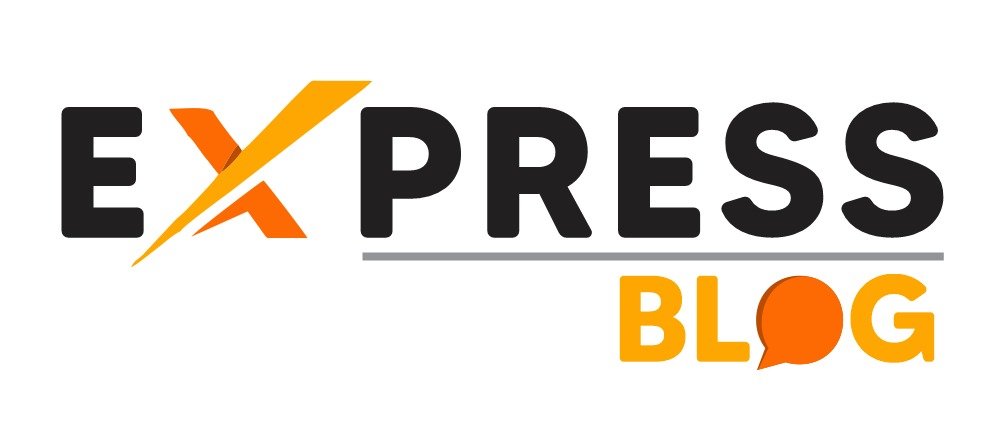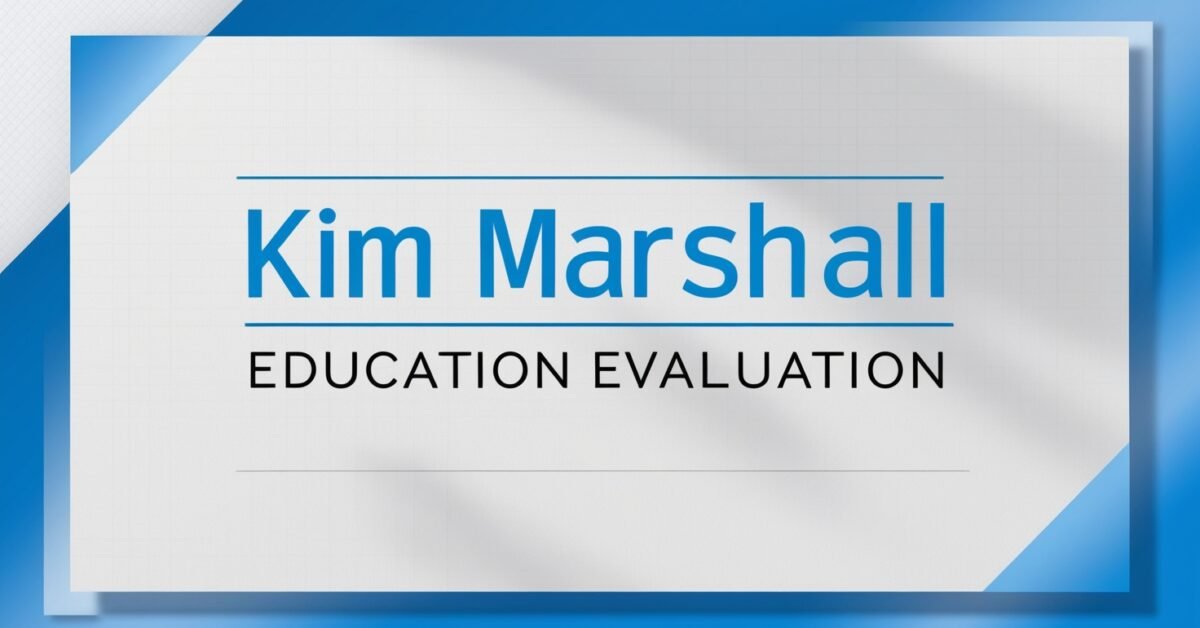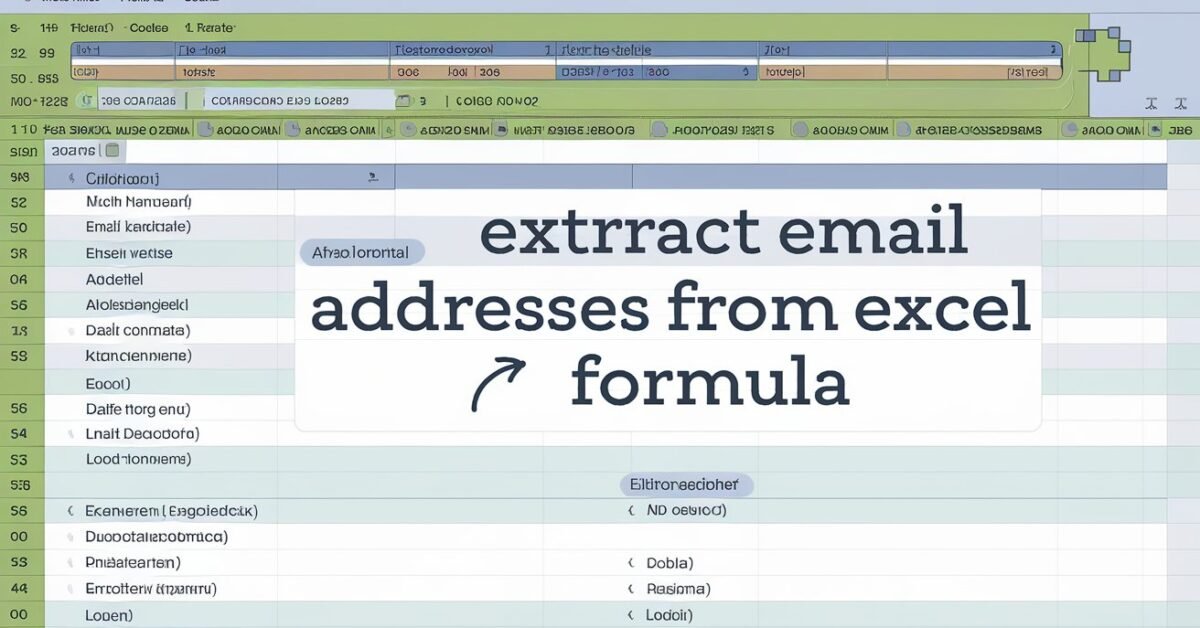What is a Materials Buyer in Education Industry?

A materials buyer in the education industry is a professional responsible for sourcing, purchasing and managing the materials and supplies needed for educational institutions. These materials can range from textbooks and digital tools to laboratory equipment and furniture.
Unlike procurement professionals in other sectors a materials buyer in education must understand the specific requirements of teachers students and administrators. This makes their job both specialized and essential to creating a conducive learning environment.
Key Traits of a Successful Materials Buyer
- Organizational Skills: Managing a vast inventory requires precision.
- Negotiation Expertise: Securing the best deals from vendors while maintaining quality.
- Attention to Detail: Ensuring compliance with educational standards and avoiding errors in orders.
- Adaptability: Staying updated with the latest educational trends and technologies.
Responsibilities of a Materials Buyer in Education
Resource Procurement
A materials buyer ensures that schools have the supplies they need such as:
- Textbooks and curriculum materials.
- Digital learning tools like tablets and software.
- Classroom furniture such as desks and chairs.
- Specialized items like science lab equipment or sports gear.
Budget Management
Educational institutions often operate under strict budget constraints. Materials buyers must balance quality and cost efficiency ensuring schools get the best value for their money.
Vendor Relationships
Building and maintaining strong vendor relationships is crucial. This helps in:
- Securing timely deliveries.
- Negotiating discounts and favorable terms.
- Resolving supply chain issues quickly.
Market Research
To keep up with changing educational needs materials buyers conduct market research to:
- Identify emerging educational tools and resources.
- Evaluate vendor performance.
- Benchmark prices and quality.
Inventory Control
Effective inventory management prevents shortages and avoids the wastage of resources. By tracking usage patterns materials buyers can forecast needs and adjust procurement plans.
The Importance of a Materials Buyer in Education
The impact of a materials buyer extends beyond logistics. Here’s why they are indispensable:
Enhancing Educational Quality
Without the right resources teachers and students cannot perform at their best. Materials buyers ensure that classrooms are equipped with the tools needed for effective learning.
Cost Efficiency
By negotiating competitive prices and managing budgets wisely materials buyers save institutions money that can be reinvested into other areas such as teacher training or infrastructure.
Supporting Technological Integration
With the growing reliance on digital learning materials buyers play a key role in sourcing modern tools that enhance teaching methods.
Ensuring Compliance
Educational materials must meet specific standards set by governing bodies. A materials buyer ensures compliance, reducing the risk of penalties or setbacks.
Skills and Qualifications Required

Educational Background
While there is no single path to becoming a materials buyer in education, relevant qualifications include:
- Degrees in procurement, supply chain management or business administration.
- Certifications like Certified Professional in Supply Management (CPSM).
Essential Soft Skills
- Problem-Solving: Quickly resolving supply chain disruptions.
- Communication: Collaborating with teachers, administrators and vendors.
- Time Management: Meeting deadlines for critical orders.
Technical Skills
- Proficiency in procurement software and inventory systems.
- Ability to analyze data to optimize purchasing strategies.
Challenges Faced by Materials Buyers in Education
Budget Constraints
Educational institutions often have tight budgets requiring materials buyers to make tough decisions about quality versus cost.
Supply Chain Issues
Delays from vendors or disruptions in the supply chain can impact the availability of resources.
Adapting to Trends
The rapid pace of technological change in education means materials buyers must stay ahead of trends, such as the shift to digital learning.
Sustainability
With increasing emphasis on eco-friendly practices materials buyers must find sustainable options without exceeding budgets.
How to Become a Materials Buyer in the Education Industry
Step-by-Step Guide
- Education: Obtain a degree or certification in procurement, logistics or a related field.
- Experience: Gain hands-on experience in procurement or supply chain roles ideally in the education sector.
- Skill Development: Build expertise in budgeting, negotiation and compliance.
- Networking: Join professional organizations like the National Institute of Governmental Purchasing (NIGP).
Career Path
Many materials buyers start in entry-level roles such as procurement assistants before advancing to senior positions in operations or supply chain management.
Future Trends for Materials Buyers in Education
Digital Transformation
As more schools adopt e-learning platforms materials buyers will focus on sourcing digital tools such as virtual reality kits and AI-powered software.
Sustainability
Eco-friendly and reusable materials are becoming a priority for schools aiming to reduce their carbon footprint.
Automation
AI and machine learning are streamlining procurement processes making it easier to analyze data and predict needs.
Personalized Learning
Materials buyers will increasingly source customizable resources tailored to individual student needs.
Common Misconceptions About Materials Buyers
“They just place orders.”
In reality, materials buyers perform strategic planning, market analysis, and vendor negotiations.
“Anyone can do it.”
This role requires specialized skills and knowledge, particularly in understanding educational requirements.
“It’s all about cost-cutting.”
While budgets are important, quality and compliance with educational standards are equally critical.
Case Study: Impact of an Effective Materials Buyer
Example: A large urban school district faced chronic delays in receiving science lab supplies. After hiring a dedicated materials buyer, the district:
- Established contracts with reliable vendors.
- Reduced costs by 20% through bulk purchasing agreements.
- Improved classroom performance as teachers had the resources they needed on time.
Conclusion
A materials buyer in the education industry is far more than a logistical role—they are strategic partners in enhancing the quality of education. By sourcing the right materials, managing budgets and staying ahead of trends they ensure that students and teachers have everything they need to succeed.
FAQs
What is a materials buyer in education industry?
A materials buyer is responsible for sourcing, purchasing and managing educational resources like textbooks, lab equipment, and digital tools.
What qualifications do I need?
Relevant degrees or certifications in procurement supply chain management or business administration are essential.
What are the biggest challenges?
Budget constraints, supply chain disruptions and adapting to new educational trends are some of the major challenges faced by materials buyers.
Is this a growing career path?
Yes, with the increasing focus on technology and sustainability, the role of a materials buyer is becoming more critical.
Read Also: How Rise Education St Louis Transforms




